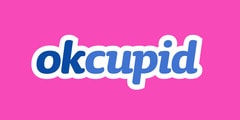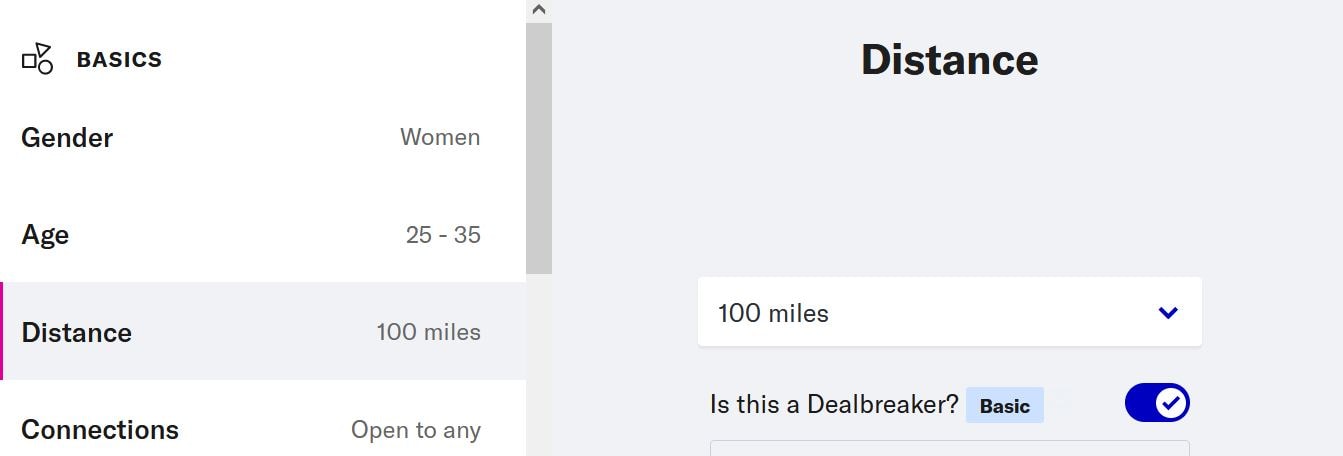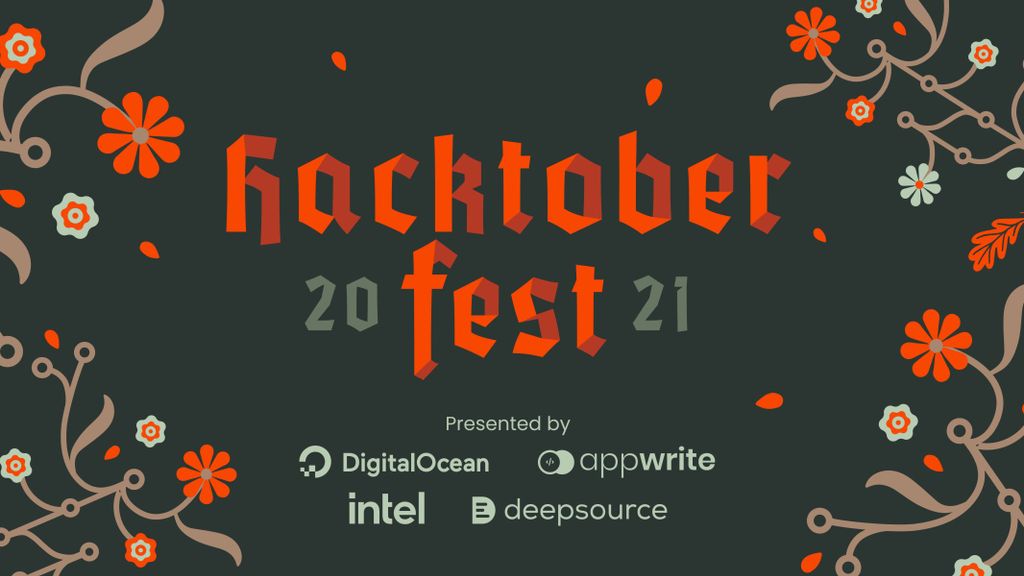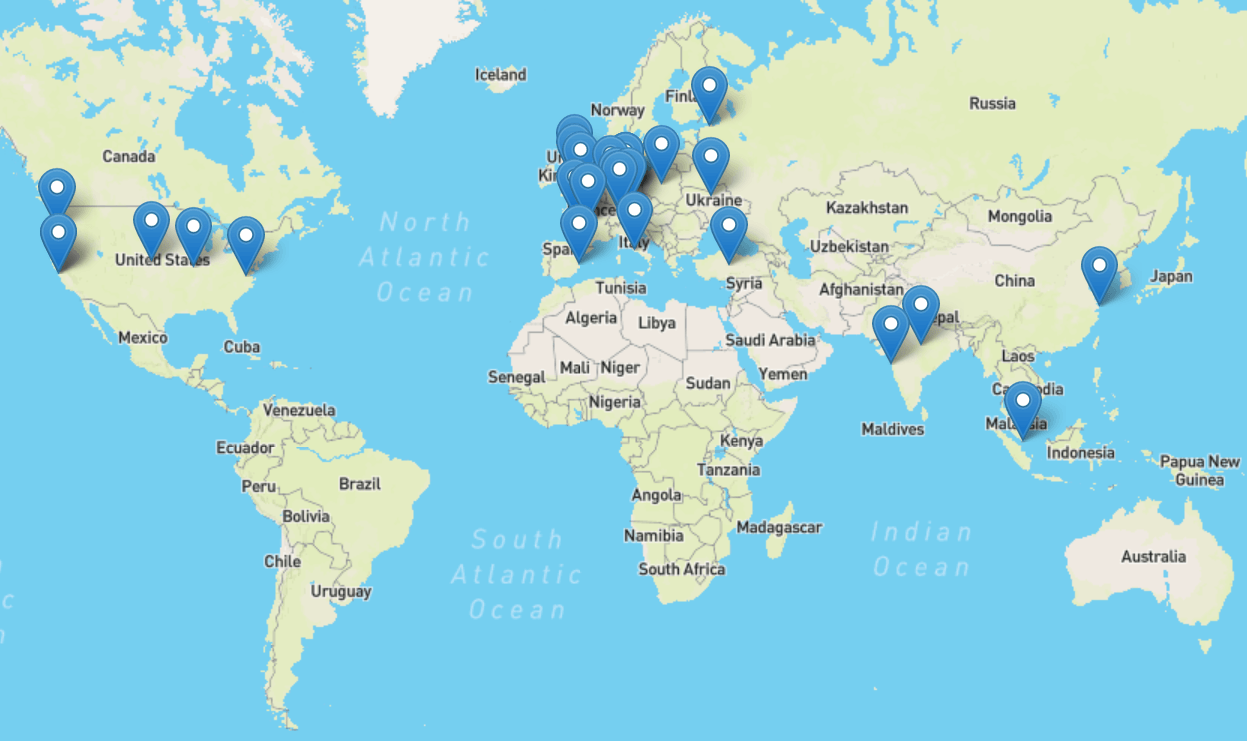This person should be funded in a level that is appropriate for how critical log4j2 is used in the ecosystem. There is no excuse for this. This person's spare time passion project is responsible for half of the internet working the way it should.
TL;DR: If you want me to make you useful software, pay me. If you use software made by others in their spare time and find it useful, pay them. This should not be a controversial opinion. This should not be a new thing. This should already be the state of the world and it is amazingly horrible for us to have the people that make the things that make our software work at all starve and beg for donations.
Last month, I realized late that October was hacktoberfest month!
This online event is a month-long celebration (October 1-31) of open source software run in partnership with different software companies, with a focus on encouraging contributions to open source projects.
While I participated in the 2019 edition as a contributor …
Open source online whiteboard/sketch tool with hand-drawn look and live collaboration
I have been amazed recently at the diversity of contributors on the fpdf2 project, coming from all around the world!
Then I thought it would be nice to visualize this diversity by building a world map of all contributors locations. There it is:
Click on the image to access an …
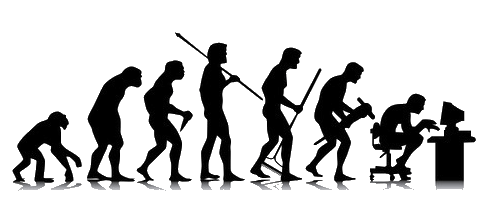
Today I finally took the time to put up a live demo website for Hesperides!
https://hesperides.herokuapp.com
Hesperides is an open source tool dedicated to configuration management: it stores applications properties and mustache templates for configurations files. It is strongly hierarchized based on few main concepts: modules, applications …
fpdf2 is a minimalist PDF creation library for Python that I am maintaining.
With the release yesterday of its v2.4.0, I'm going to present some of its notable new features since the latest minor version.
https://github.com/pyfpdf/fpdf2/ 
JPEG images …
Get off Big Tech tools. Use these instead.
Below are my recommendations for genuinely good, helpful, non-toxic tools. We need alternatives to Big Tech platforms that continually show a shocking lack of respect for users, communities, even democratic society.
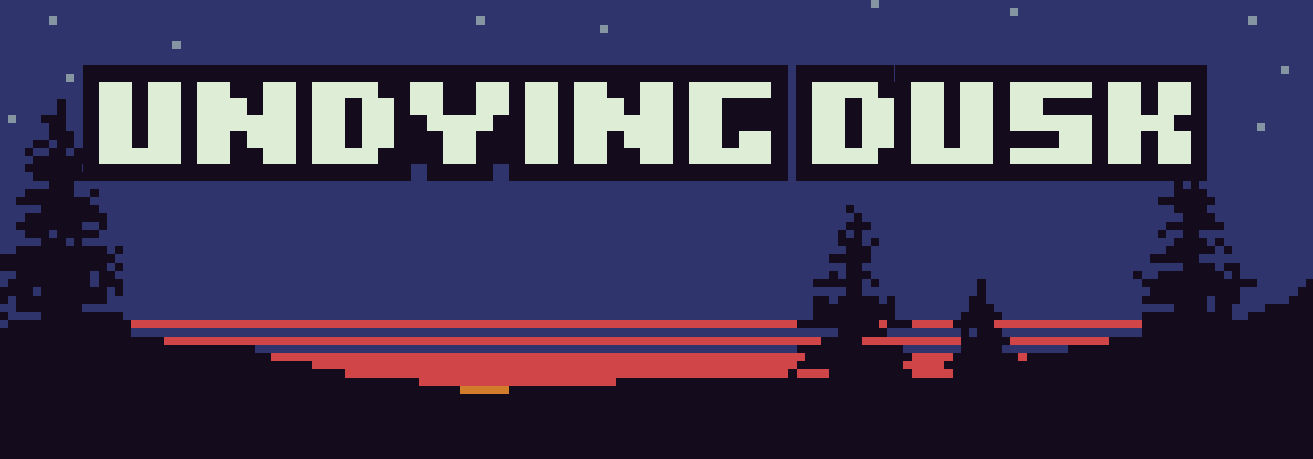
Undying Dusk is a video game in a PDF format, with a gameplay based on exploration and logic puzzles, in the tradition of dungeon crawlers.
A curse set by the Empress keeps the world in an eternal dusk. You are have recently found shelter in an eerie monastery.
](https://raw.githubusercontent.com/Lucas-C/undying-dusk/main/trailer/undying-dusk-trailer1.gif)
Featuring:
- ~ 200 …

Today, I am happy to announce version 2.3.0 of fpdf2, code name: Unbreakable!
https://github.com/pyfpdf/fpdf2/ 
Why Unbreakable?
- As a tribute to M. Night Shyamalan movie
- Because using
fpdf2, your Python code can never break!
...
Just kidding, I would be …
My highlights / quotes:
This creates an obvious congestion. Most people try to address it in the wrong way: using pragmatism. Let’s close the issue after two weeks of no original poster replies, after we ask some question. Close all the issues that are not very well specified. And other “inbox zero” solutions. The reality is that to process community feedbacks very well you have to take the time needed
So what happens? That you start to prioritize more and more what to look at and what not. And you feel you are a piece of shit at ignoring so many things and people, and also the contributor believes you don’t care about what others have to give you. It’s a complex situation.Sometimes I just stop looking at issues and PRs for weeks, because I’m coding or designing: that is the work I really love and enjoy. However this in turn creates ways more pressure on me, psychologically. To do what I love and I can do well I’ve to feel like shit.
the sum of the productivity of me working just when I want is greater than the productivity I’ve when I’m forced to work every day in a steady way.
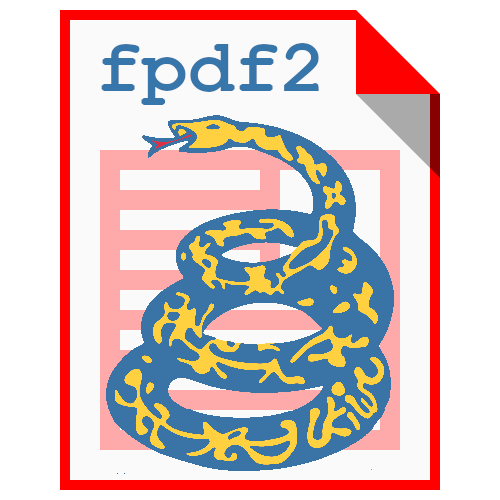
Today, I am happy to announce a new version 2.2.0 of fpdf2 !
https://github.com/alexanderankin/pyfpdf/ 
During the last few months, I contributed a few improvements to fpdf2,
David Ankin fork of PyFPDF,
the user-friendly Python library to generate PDFs:
from …AVIF is a new image format derived from the keyframes of AV1 video.
Mentions: https://squoosh.app an image compression web app that allows you to dive into the advanced options provided by various image compressors.
Really nice read, that gave me some food for thought and includes a nice summary of the Open Source vs Free Software history.
Some hand-picked quotes:
Fuzzy, contentious, and complex ideas have been stripped of their subversive connotations and replaced by cleaner, shinier, and emptier alternatives; long-running debates about politics, rights, and freedoms have been recast in the seemingly natural language of economics, innovation, and efficiency.
Stallman’s may not have been the best software on offer, but some sacrifice of technological efficiency was a price worth paying for emancipation.
Any move to subject the fruits of developers’ labor to public regulation, even if its goal was to promote a greater uptake of open source software, must be opposed, since it would taint the reputation of open source as technologically and economically superior to proprietary software.
As O’Reilly put it in 2010, “the art of promoting openness is not to make it a moral crusade, but rather to highlight the competitive advantages of openness.”
It seems that anyone who wanted to claim that a revolution was under way in their own field did so simply by invoking the idea of Web 2.0 in their work: Development 2.0, Nursing 2.0, Humanities 2.0, Protest 2.0, Music 2.0, Research 2.0, Library 2.0, Disasters 2.0, Road Safety 2.0, Identity 2.0, Stress Management 2.0, Archeology 2.0, Crime 2.0, Pornography 2.0, Love 2.0, Wittgenstein 2.0. What unites most of these papers is a shared background assumption that, thanks to the coming of Web 2.0, we are living through unique historical circumstances. Except that there was no coming of Web 2.0—it was just a way to sell a technology conference to a public badly burned by the dotcom crash.
Some words—like “law”—are particularly susceptible to crazy talk, as they mean so many different things: from scientific “laws” to moral “laws” to “laws” of the market to administrative “laws,” the same word captures many different social relations. “Open,” “networks,” and “information” function much like “law” in our own Internet discourse today.
O’Reilly admitted that he was the one to edit the Wikipedia page for the book. O’Reilly is perfectly positioned to control our technology discourse: as a publisher, he can churn out whatever books he needs to promote his favorite memes—and, once those have been codified in book form, they can be easily admitted into Wikipedia, where they quickly morph into facts. What’s not to like about “collective intelligence”?
As long as this “open data” was liquid and reusable, others could build on it. Neither the political process that led to the release of the data nor its content was considered relevant to openness. Thus, data about how many gum-chewers Singapore sends to prison would be “open” as long as the Singaporean government shared it in suitable formats. Why it shared such data was irrelevant.
O’Reilly deploys the highly ambiguous concept of openness to confuse “transparency as accountability” (what Obama called for in his directive) with “transparency as innovation” (what O’Reilly himself wants).
If Participation 1.0 was about the use of public reason to push for political reforms, with groups of concerned citizens coalescing around some vague notion of the shared public good, Participation 2.0 is about atomized individuals finding or contributing the right data to solve some problem without creating any disturbances in the system itself.
In 2011, Cameron’s government released a white paper on “Open Public Services” that uses the word “open” in a peculiar way: it argues that, save for national security and the judiciary, all public services must become open to competition from the market.
Raymond writes in The Cathedral and the Bazaa [...] that “one may call [Linux hackers] motivation ‘altruistic’, but this ignores the fact that altruism is itself a form of ego satisfaction for the altruist.” If it sounds like Ayn Rand, that’s because Raymond explicitly draws on her crazy talk.

Linkback protocols are an old breed. They were born in a time where MySpace, Wikipedia & WordPress had just been born, and Friendster was more popular than this new website called Facebook.
The latest linkback protocol, Webmention, is relatively recent though, as it became a W3C …

Emmanuel Macron l’a affirmé dès son élection : il veut faire de la France une “startup nation”. Il démontre régulièrement son soutien à la “FrenchTech”, censée représenter la quintessence de l’innovation et de l’entreprenariat. Mais derrière cette ambition, la réalité est bien différente. La France peine à se dégager de l’emprise des GAFAM, comme l’ont cruellement rappelé les déboires de Qwant, le moteur de recherche qui devait supplanter Google. Et l’échec patent de l’application StopCovid en est une énième illustration. Pourquoi la France peine-t-elle à innover et à recouvrir son indépendance numérique ? Comment résister face aux plateformes, sans pour autant exploiter une main d’oeuvre uberisée, et en respectant la vie privée des utilisateurs ?
Pour en parler, nous avons reçu Jean-Baptiste Kempf, l’éditeur du logiciel français le plus utilisé au monde. Il s’agit du lecteur de vidéos VLC, le fameux logiciel au cône de chantier . Open-source, maintenu par la communauté, il est porté par une structure associative. On est bien loin des “jeunes qui veulent devenir milliardaires” dont rêve le Président Macron. Pourtant, le logiciel, né d’un projet étudiant, a dépassé les 3 milliards de téléchargements.
Jean-Baptiste Kempf juge sévèrement, mais non sans humour, l’incompétence des politiques dès lors qu’il s’agit d’innovation. Personnage atypique, on peine à la mettre dans une case. Mais ce qui est certain, c’est que son expérience remet en cause le récit du capitalisme comme moteur de l’innovation.
The source code for these demos is freely available at http://github.com/jamis/csmazes
